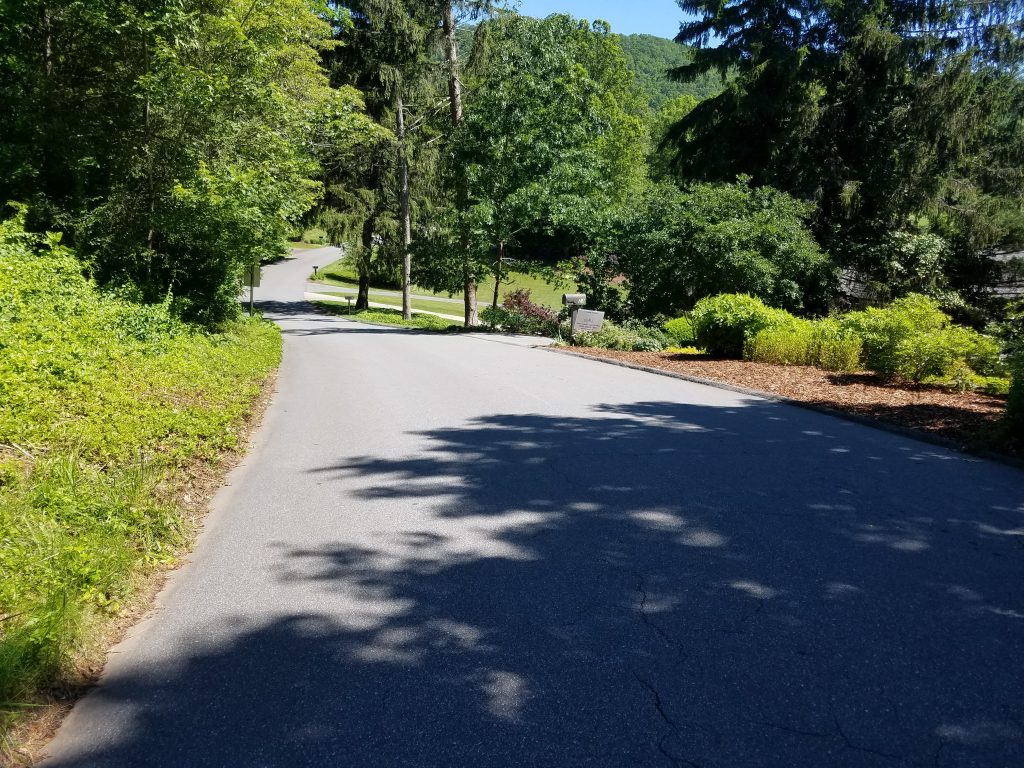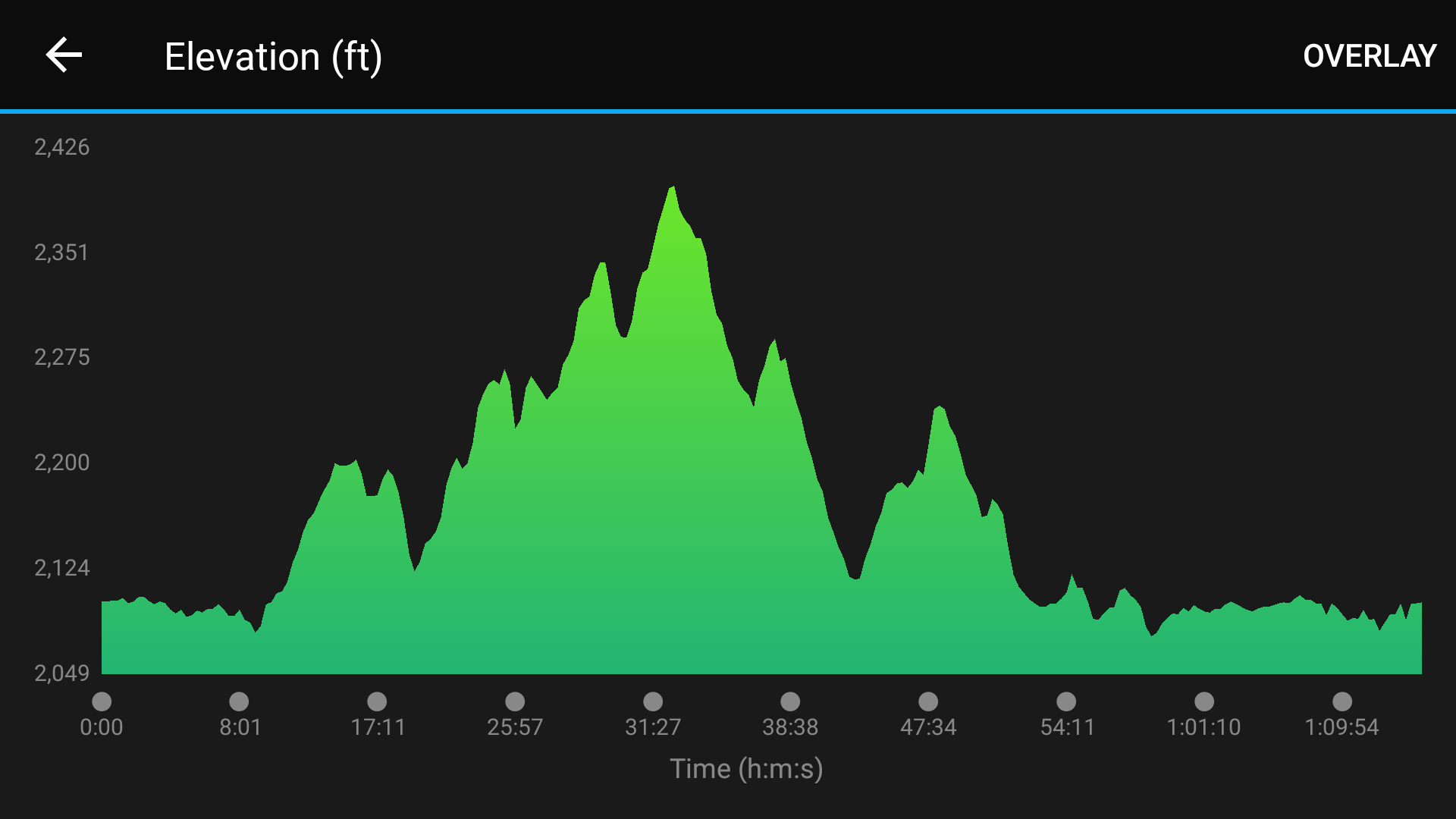By now, most runners know that in order to run fast, you have to spend a lot of time going slow. Around 80% of the time, in fact.
If you run five days a week, two of them, if not three of them, should be slow and easy. If you run every day? Then it’s more like four easy runs a week.
Many of the runners I coach at Runners Connect find this concept very hard to grasp. They’ll say that they are running easy, when they are actually running just a few seconds slower than marathon pace.
Sorry to say, your marathon pace is not your easy pace. (Unless you run marathons far below your ability, but that’s another post.)
For reference, I typically run my easy runs 2-3 minutes slower than marathon pace.
“But I feeeeel good!” they’ll tell me after running a good 90 seconds faster per mile than they should.
“Running so slowly is uncomfortable for me,” they’ll protest while logging an “easy” run that is actually right in between medium and hard.
Or the flat-out, “I want to run, not jog.” Sigh. Jogging will make you a faster, stronger, and more resilient runner.
Unfortunately, what makes you feel good in the moment while you are running is not always what you should be doing.
Running slow and easy is just like eating your vegetables. You gotta do a lot of it to be at your best.
Potato chips feel good, but no one’s going to say consuming a bag of Lays is going to help your running.
The idea of eating salads every day might make you feel uncomfortable at first, too, but it will certainly help with your health.
And lots of people would rather skip the veggies and eat fried chicken, milkshakes, half pound burgers covered with slabs of cheese, washed down with gallons of beer, but that’s not doing the body any favors.
So the trick to learning to love your easy runs is exactly the same as learning to love your greens–spice them up!

Instead of a boring slog on the same flat route you always run, find some hills. Forget all about pace (seriously, you Type A runners–just let it go!) and just keep the effort easy, even if it means you have to stop or walk a bit on the inclines.
You want to keep your breathing slow, relaxed and even and your effort level should be exactly the same as if you were running on flat ground.
You should be able to sing a song out loud while running and freak out the neighbors.
That means that if you are used to seeing 7- or 8-minute miles on your easy runs, get your ego prepared to see some 9s, 10s or even 11s. Let all the pride you attach to pace (we all do it, I promise) go and instead make your challenge be how smooth you can keep your effort level.
You will feel ridiculously slow on the inclines and that’s okay! Shorten your stride so you can keep your cadence light and quick and just pitter patter your way up the hill with your nice forward lean.
You will be rewarded at the top with a descent where you can open up your speed a bit to take advantage of gravity. This is where you can have some fun!
But don’t speed up so much on the declines that you accidently increase your effort level, of course, but it’s a treat to go a little faster while keeping the effort nice and easy.
Another point to make on the declines is to remember to keep your footsteps light and avoid the natural tendency to brake with hard footfalls. You should keep your nice slight forward lean that you have on the inclines to almost fall downhill rather than stomp down it.
If you keep the effort level easy, running hills will add variety to your runs and will strengthen your legs and lungs for race day. Running flat will soon seem extra easy and long hills late in a race will no longer have the power to defeat you.
And who knows? Maybe just like veggie lovers who eventually start to crave kale, you’ll learn to love your easy runs.

